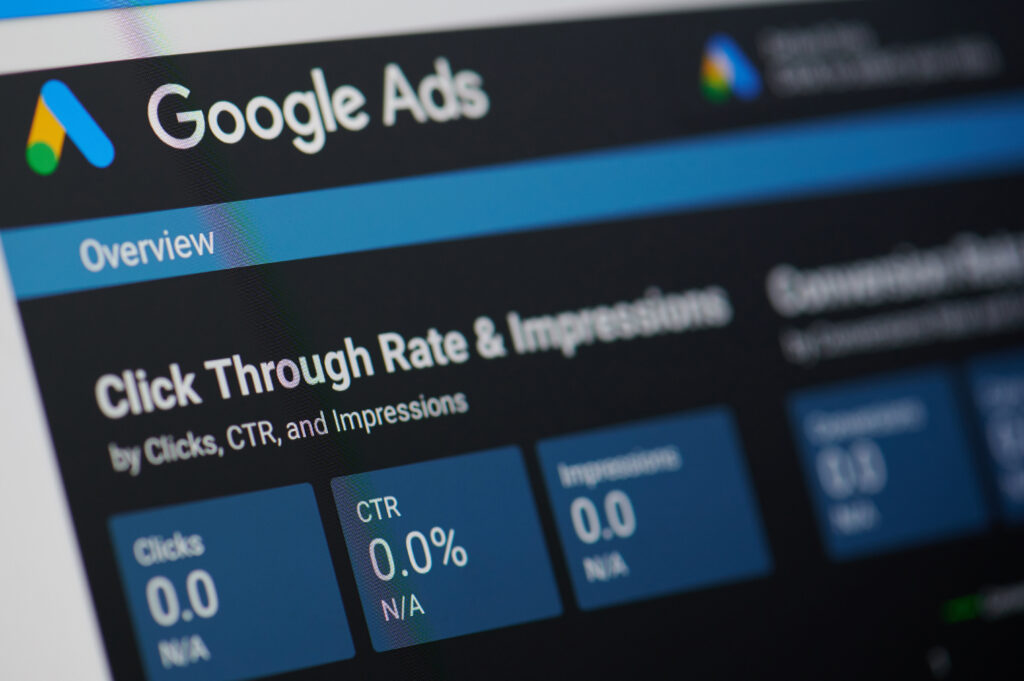The Google Ads branch of Alphabet has announced their top three priorities for 2022: Automation, Measurement, and Privacy. Discover how they are strengthening these elements.
The pandemic has impacted buyer tendencies and behaviors tremendously, and Google Ads is committing towards a much better experience for Google search users. As well as an updated and more efficient Ads service for marketers and businesses.
Google Ads has announced its top three priorities for 2022: Automation, Measurement, and Privacy.
Although these priorities are not necessary new or revolutionary, Google Ads is updating it’s focus on each one of these elements.
Automation. and all of it’s new Opportunities
Vice President and General Manager of Google Ads, Jerry Dischler, spoke about how shifts in consumer behavior delivers both challenges as well as opportunities.
His conversations with influential brands have focused on the need for readiness, speed, and agility in order to drive growth. He later states: “Over 80% of Google advertisers are now using automated bidding to free up time and improve ad performance”
Within the Automation pillar, Google is emphasizing the use of Performance Max and Discovery campaign types. The Two campaign Forms focus on reaching Google Search uses at scale from a single campaign. Google touts the benefits of these campaigns to include:
- Simplicity In Management (less campaigns cluttering your marketing dashboard)
- Multi-Channel Reach to customers
- Better Ad Inventory with more options
- Incremental Conversions
For single channel campaign forms such as Google Search, Display, and YouTube, Google recommends leaning into automation with Smart Bidding, responsive search ads, and broad match keywords.
Future of Measurement
The challenges associated with measurement is no secret to advertisers and business owners who navigate the Google Ads landscape. With the iOS 14 update, the future removal of third-party cookies, and more – new approaches to measurement will be critical for success. Without valid results and legitimate data to back up marketing efforts, it’s going to be harder for advertisers to prove the value of marketing. ROI is all about data and and results.
Google is rolling out new solutions to privacy and measurement including:
- Enhanced conversions
- Consent mode
- Conversion modeling
- Data-driven attribution
The solutions put into place will rely on the advertisers first-party data and privacy-safe APIs. These measures will place the user first by respecting their privacy, as well as also listening to the needs of advertisers to track campaign efforts. This new empathy from Google Ads towards it’s advertisers, customers, and users is a breath of Fresh air.
Conveying Expectations For Digital Privacy
News of massive privacy breaches are a daily common part of the online world these days. Google is demonstrating it’s understanding and empathy for user privacy and controls.
As important as creating and cultivating relationships with customers can be, they also need to feel confident that their private information is secure and save. Customers require a firm level of anonymity. Google has updated their privacy playbook to capture these needs both from the advertiser and user perspective. The three main highlights of this playbook include:
- Developing direct relationships with customers
- Ensuring measurement remains accurate and actionable
- Keeping Advertisers ads relevant
What will this ultimately mean for advertisers?
While the advertising world is used to relying on paid media to drive the final sale and showing direct ROI, the role of paid media may need to adapt and evolve. This of course is dependent on each advertiser’s big picture strategy. For instance, the goal of non-branded or awareness efforts could shift to capturing first-party data, instead of the final sale. If advertisers are able to capture the first-party data on the first touch, they will be able to link the final sale back to the original touchpoint. Determining the success of a marketing campaign is key to identifying it’s ROI.
Advertising strategies need to constantly evolve, and adapt to the platform they market in. Especially in a platform as innovative and ever evolving such as Google Ads.
This article was provided by Benjamin Borazzi. An Advertising Consultant at PSM.
